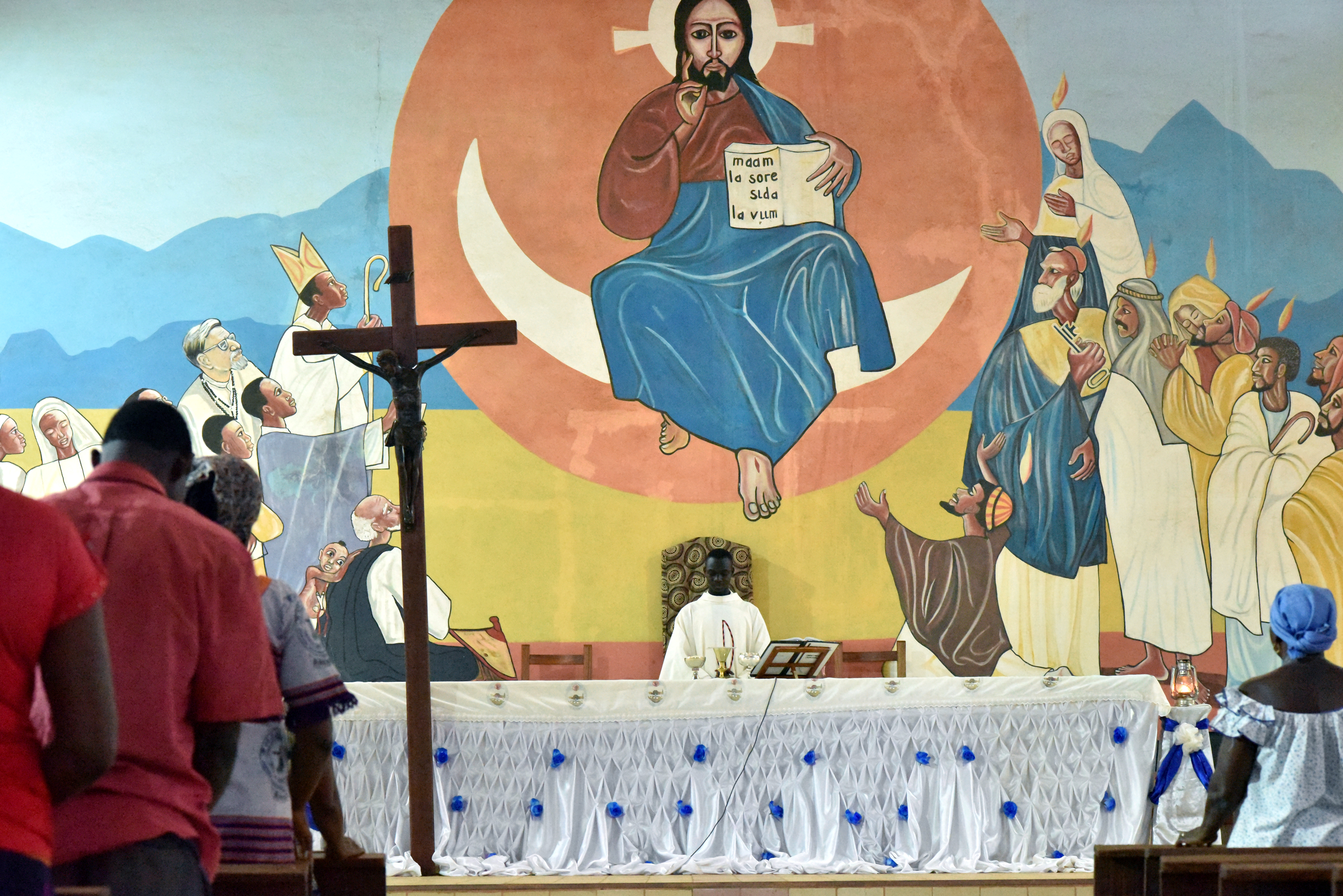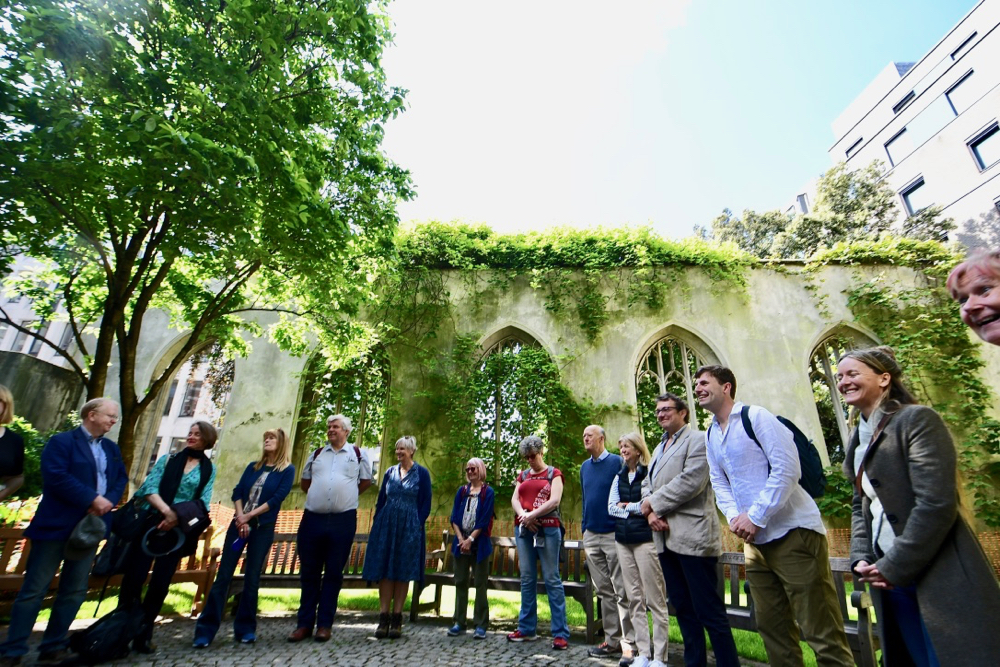Parish communities that are shrinking and facing mergers should resist the “clarion call of property developers” and instead repurpose their assets as community spaces focused on creation care, a leading theologian has said.
Dr Kevin Hargaden, of the Jesuit Centre for Faith and Justice in Dublin, author of Theological Ethics in a Neoliberal Age, told The Tablet that churches that were falling out of use should be repurposed for ecological projects.
“One of the ways that we will deal with the reducing number of clergy and the reducing numbers attending Mass is through a reorganisation of our parishes,” he said.
“When that happens, instead of spreading things very thinly and making sure every site gets Mass one Sunday in six, we should think about concentrating resources centrally and using the smaller sites as mission outposts.”
Citing the “God’s Acre” project in Britain as an example of what he had in mind, Dr Hargaden stressed that a church building that may no longer be consecrated for worship can continue to serve for mission. But, he pointed out: “The land that parishes own that is not built upon can be ‘re-wilded’ to serve as a biodiversity bank in the midst of our towns and villages; so often it is just lawn that is expensively maintained.”
He added that the pollinator potential was significant and, depending on the skills in the parish, there may be carbon sequestration potential through the planting of hardwood trees.
“I am not proposing a kind of top-down dictatorial initiative where some authority says, ‘Sorry, your church is closed now, and you have to go to the next village for Mass. We need your Christian sanctuary for a seed sanctuary!’” he said.
Instead, when a community faces the prospect of merging, they should resist seeing the church buildings as commercial assets for property developers and seek to reorientate them towards mission, which includes care of the earth.
Describing himself as a “firm believer in integral mission”, he said that verbal witness to the Gospel must be woven together with social responsibility.
“The climate crisis is an opportunity for the Church to integrate its worship into the heart of the community. The care of creation is in the DNA of our faith, but too often, when the Church speaks about creation-care, it is watery in terms of theology.”
Warning that the Church is too often stuck in the territory of personal action, Dr Hargaden, a Presbyterian ordinand, said the chief personal action we are called to is, “to collaborate, stand in solidarity with our brothers and sisters in Africa, Asia, South America, and the Pacific, who are already suffering from the devastating consequences of climate breakdown”.
He added: “This isn’t a problem for the next generation. It is right now that we have to act – before 2030.”



 Loading ...
Loading ...